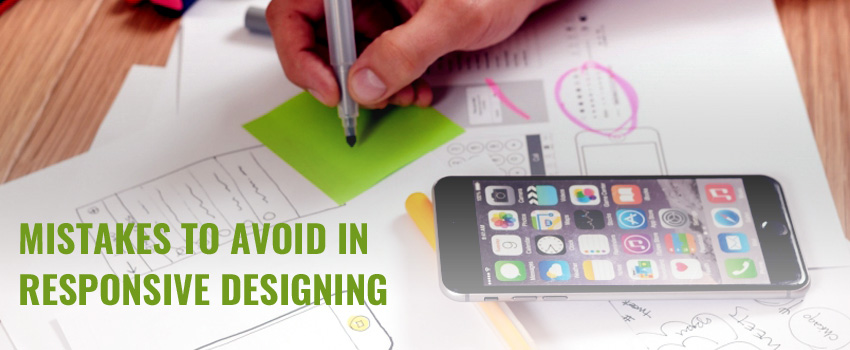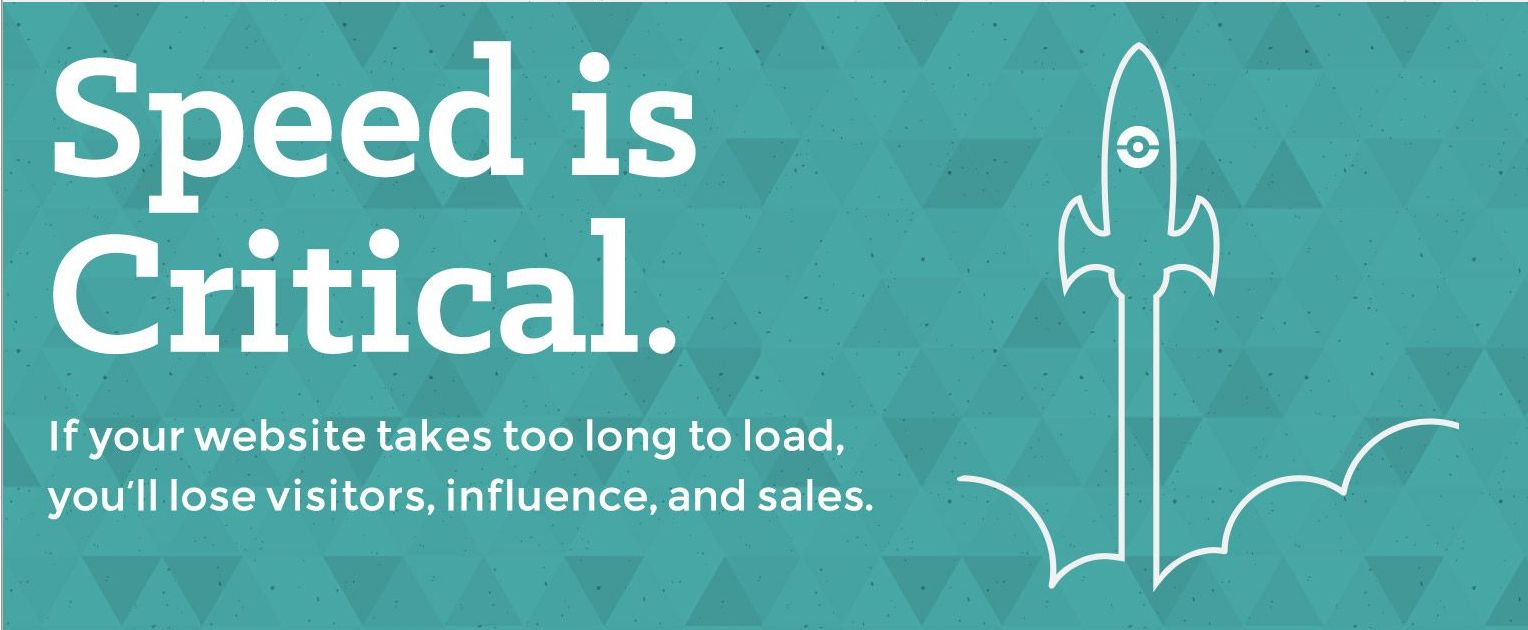How Much Does It Cost to Build a Website

In the digital age, having a strong online presence is imperative for any business. A company's website serves as its virtual storefront, offering potential customers a glimpse into its products, services, and ethos. As more and more consumers turn to the internet for their shopping and informational needs, investing in a well-designed website has become a fundamental requirement for businesses of all sizes. However, the question that often arises is, "How much does it cost to build a website?"
The cost of building a website can vary significantly depending on a multitude of factors. From the complexity of the design to the features and functionalities you require, the price tag can range from a few hundred dollars to several thousand. To gain a clearer understanding of the company website design cost, let's delve into the key considerations that influence website development expenses.
Type of Website:
The type of website you intend to create plays a significant role in determining the cost. A simple static website, consisting of a few pages with basic information, will naturally cost less than a dynamic e-commerce platform with complex databases, payment gateways, and inventory management systems. For small businesses or startups with limited budgets, opting for a static website might be a cost-effective choice. On the other hand, enterprises looking to conduct online transactions and manage large amounts of data may need to allocate a higher budget.
Design and Functionality:
The design and functionality of your website are key factors influencing the overall cost. A unique and visually appealing design, tailor-made to reflect your brand identity, will typically incur higher costs than using a pre-designed template. Additionally, advanced features such as interactive elements, animations, custom plugins, and responsive design for mobile devices contribute to the complexity of the project and, consequently, its cost.
Development Platform:
The choice of development platform is another crucial determinant of website development costs. Open-source content management systems (CMS) like WordPress, Joomla, and Drupal are popular options for cost-effective website design. These platforms offer a range of templates, themes, and plugins that can significantly reduce development time and expenses. Conversely, opting for a custom-built website using technologies like HTML, CSS, and JavaScript may entail higher costs due to the need for specialized coding.
E-Commerce Capabilities:
For businesses venturing into online retail, e-commerce capabilities are paramount. The complexity of your online store, including product catalog management, shopping cart integration, secure payment gateways, and order tracking, will impact the overall cost. While there are affordable e-commerce solutions available, more sophisticated features, such as personalized recommendations and AI-driven customer experiences, may require a larger investment.
Content Creation:
Compelling content is the lifeblood of any website. Costs related to content creation, such as copywriting, graphic design, photography, and video production, should be factored into your budget. High-quality, engaging content enhances user experience and establishes credibility, making it a worthwhile investment.
Ongoing Maintenance and Updates:
Building a website is not a one-time expense. Ongoing maintenance, updates, and security measures are necessary to keep your website running smoothly and protect it from cyber threats. Many web development agencies offer maintenance packages, which can be a cost-effective way to ensure your website remains up-to-date and secure.
Hiring Professionals:
Deciding whether to hire an in-house team or outsource to online website developers is another important consideration. Hiring a professional web design agency or freelance developers can provide expertise, creativity, and efficiency. However, the cost may vary based on their experience and location. Searching for "web design services near me" can help you find local options and potentially reduce travel and communication expenses.
DIY vs. Professional Help:
Some individuals and small businesses opt for DIY website builders as a cost-effective solution. While these platforms offer convenience and affordability, they often come with limitations in terms of customization and scalability. For simple personal websites or temporary projects, a DIY approach might suffice. However, for businesses seeking a competitive edge and a unique online presence, professional website design is recommended.
Conclusion: The cost of building a website depends on a myriad of factors, ranging from the type of website and design complexity to e-commerce capabilities and ongoing maintenance. While it's possible to find cost-effective website design options, it's essential to strike a balance between budget constraints and your business's digital needs. Investing in a well-designed, functional website is an investment in your brand's success and online visibility, ultimately contributing to your business growth in the digital realm. So, before embarking on your website development journey, carefully analyze your requirements, explore your options, and make an informed decision that aligns with your goals and budget.











